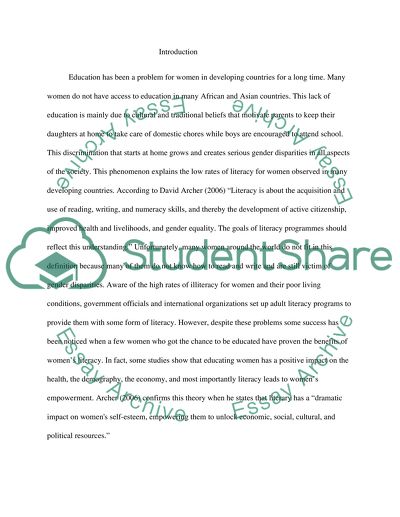Cite this document
(“What do we know about the literacy skills of American Adolescents and Research Paper”, n.d.)
Retrieved from https://studentshare.org/english/1397677-what-do-we-know-about-the-literacy-skills-of
Retrieved from https://studentshare.org/english/1397677-what-do-we-know-about-the-literacy-skills-of
(What Do We Know about the Literacy Skills of American Adolescents and Research Paper)
https://studentshare.org/english/1397677-what-do-we-know-about-the-literacy-skills-of.
https://studentshare.org/english/1397677-what-do-we-know-about-the-literacy-skills-of.
“What Do We Know about the Literacy Skills of American Adolescents and Research Paper”, n.d. https://studentshare.org/english/1397677-what-do-we-know-about-the-literacy-skills-of.


